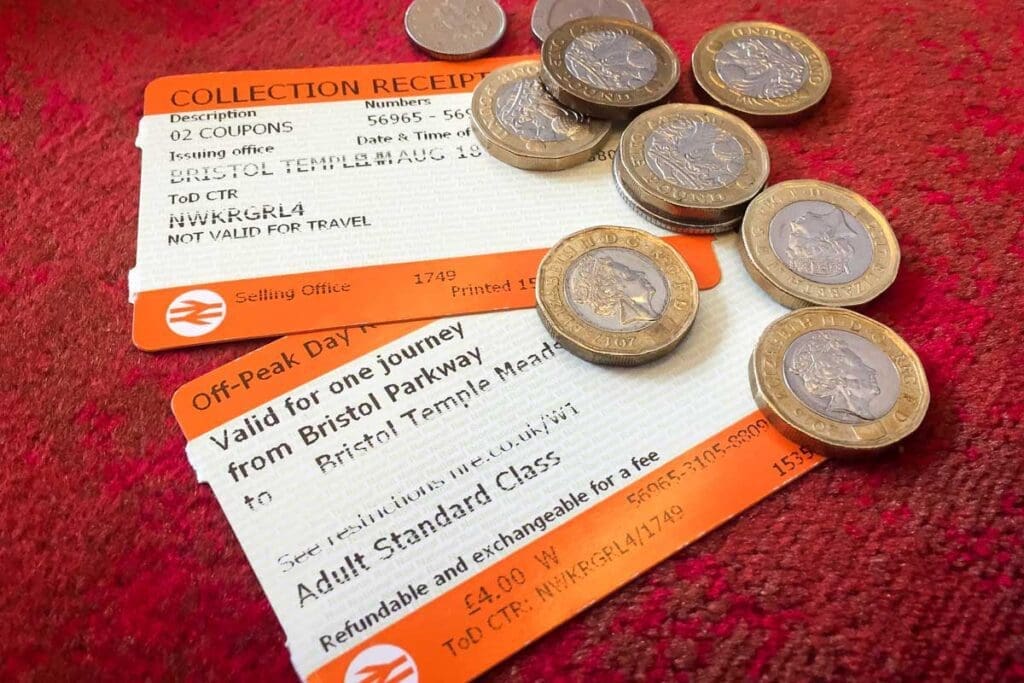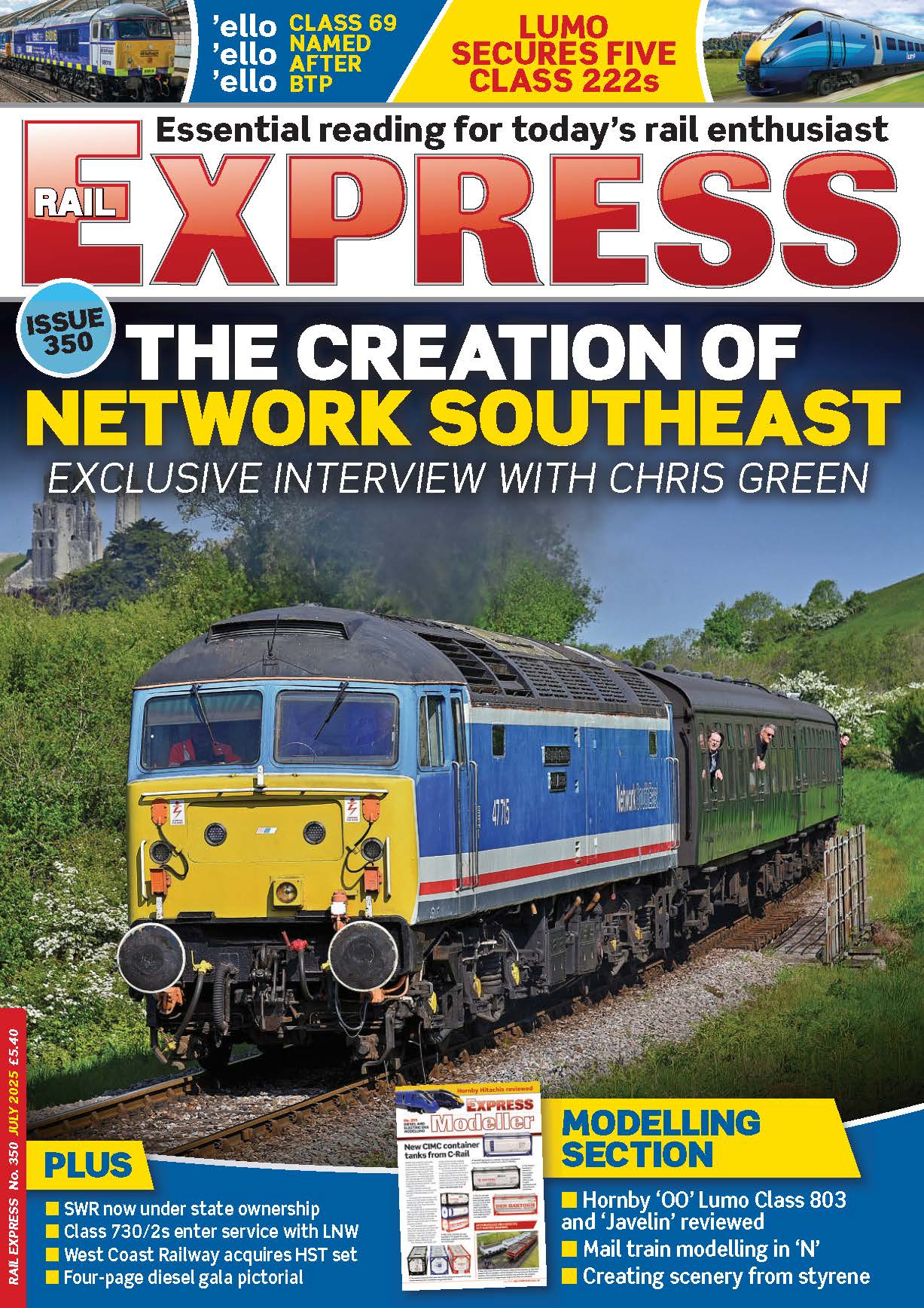
Train passengers will get an indication this week of how much ticket prices may rise, amid calls for fares to be frozen.
The cap on the annual increase in most regulated rail fares is normally linked to the previous July’s Retail Prices Index (RPI) measure of inflation.
This year’s figure will be announced by the Office for National Statistics on Wednesday morning, with economic forecasts suggesting it will be around 3.6%.
Enjoy more Rail Express Magazine reading every month.
Click here to subscribe & save.
Rail fares are usually increased every January. However, the pandemic meant this year’s increase was delayed until March 1.
Ticket prices in England and Wales rose by an average of around 2.6%, representing RPI for July 2020 plus one percentage point.
The Scottish Government imposed smaller rises of 1.6% and 0.6% for peak and off-peak travel respectively.
The UK, Scottish and Welsh Governments regulate rises for around half of fares, including season tickets on most commuter routes, some off-peak return tickets on long-distance journeys, and tickets for travel around major cities at any time.
‘Fares should be frozen’ – CBT
Before the pandemic, train operators determined increases in unregulated fares such as Advance tickets, but governments now have a major influence on those too after taking on firms’ financial liabilities.
No announcements have been made about what will happen to fares next year.
A spokesman for the UK Government’s Department for Transport said: “No decision has been made on national rail fares. The Government is considering a variety of options and we will announce our decision in due course.”
Pressure group Campaign for Better Transport (CBT) believes fares should be frozen to encourage passengers to return, and cut carbon emissions from transport.
It also wants reforms to the fares system to be prioritised in the ongoing overhaul of Britain’s railways.
CBT chief executive Paul Tuohy said: “In the face of a climate emergency, the Government should be doing everything it can to encourage people to choose low-carbon public transport by making it the cheapest option, not hiking rail fares.
“If the Government can freeze fuel duty for 10 years, it can freeze rail fares next year to help encourage more people to use the trains and get commuters back spending in our towns and cities.”
Robert Nisbet, director of nations and regions at industry body the Rail Delivery Group, said: “Now, more than ever, it is Government that controls changes to rail fares and it has yet to decide what will happen next year.
“While Government rightly decides the balance between how much farepayers and taxpayers contribute to running the railway, any decision should be viewed against the decade-long freeze in fuel duty and Government proposals to cut air passenger duty for domestic flights.
“Getting people out of cars and planes is essential to meet net-zero targets.
“While rail accounts for 10% of journeys, it is responsible for just 1% of transport emissions.
“To make trains a more attractive choice, operators want to work with Government to reform fares and make it easier for people to get a good deal.”




